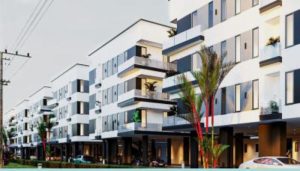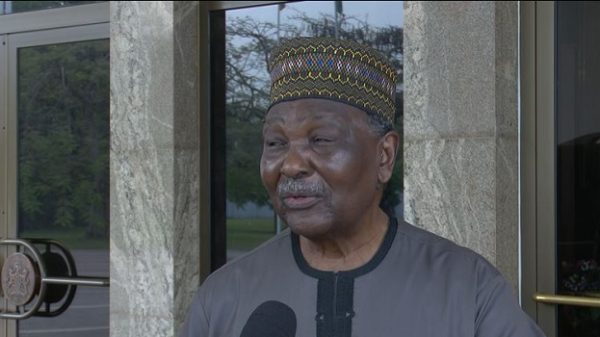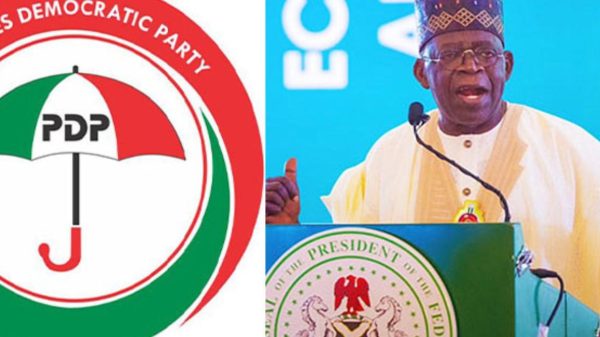LA new review of Nigeria’s real estate landscape has identified six cities as the most expensive for renting flats. This trend spans economic hubs and emerging urban centres, highlighting the country’s varied housing market dynamics.
- Lagos
Lagos retains its position as the priciest city in Nigeria. Its affluent districts—Victoria Island, Ikoyi, and Lekki—command exceptionally high rent. Victoria Island remains a major financial centre, making it one of the most exclusive neighborhoods in Lagos.
Lekki, encompassing phases I and II, is also noted for soaring housing costs due to demand and upscale development ([en.wikipedia.org][5]).
- Abuja
As Nigeria’s capital, Abuja is known for its planned layout and high-rent zones like Maitama, Asokoro, and Gwarinpa Estate. Maitama and Asokoro house numerous embassies and government facilities, attracting a top-tier tenant base ([en.wikipedia.org][6]). Similarly, Gwarinpa is celebrated as West Africa’s largest housing estate, featuring elegant estates and commanding high rates ([en.wikipedia.org][7]).
- Port Harcourt
Port Harcourt, a major centre of Nigeria’s oil and gas industry, consistently ranks among top cities for rent. Flats in upscale areas like GRA Phase 3 and Old GRA often reach premium rental rates, catering to corporate tenants and expatriates.
- 4. Kano – Northern Investment Drives Housing Pressure
Kano, a bustling commercial hub in northwest Nigeria, is another high-rent city. Upscale neighbourhoods like Nassarawa GRA see significant demand, pushing apartment prices upward and reflecting increasing urban development.
- Ibadan
Ibadan, capital of Oyo State, may seem modest compared to Lagos and Abuja, yet areas like Oluyole, Jericho, and Bodija host affluent communities with above-average rent levels. Their mix of serenity and amenities appeals to families and professionals.
- Maiduguri
Maiduguri may surprise some analysts with its inclusion among the top six expensive rental cities. As a key trading hub in Northeast Nigeria, it has experienced rising property values, reflective of its strategic position in regional commerce.
Why These Cities Are So Costly
- Economic Concentration: Lagos leads due to business hubs, expatriate influx, and finance activities. Abuja’s administrative status drives demand. Port Harcourt’s oil industry and Kano’s trading prominence similarly affect local markets.
- Urban Expansion: Limited land in island and planned cities increases rental competition. Lagos’s islands and inner-city districts suffer from supply constraints. Abuja’s phased urban design maintains exclusive zones.
- Infrastructural Amenities: High-end areas offer better security, electricity, water supply, and roads—boosting demand and rental costs.
- Migration Trends: Rapid rural-to-urban migration and foreign investment in these cities increase demand for quality flats.
“We see a clear correlation between economic opportunity and rental prices,” says a real estate expert. “Prime districts continue to pull ahead because they deliver both status and substance.
Implications for Tenants & Policy Makers
- Tenant Budgeting: Urban dwellers and relocating professionals must allocate significant budgets for rent, particularly in Lagos and Abuja.
- Development Opportunities: There’s a clear need for affordable housing initiatives in all six cities to bridge economic disparity.
- Policies on Housing: Urban planners and government authorities can influence rent levels through land-use policy reforms, mortgage financing support, and infrastructure expansion.
Nigeria’s most expensive rental markets – Lagos, Abuja, Port Harcourt, Kano, Ibadan, and Maiduguri – highlight the link between urban opportunity and housing cost. Addressing affordability will require coordinated urban planning, greater housing supply, and affordable finance models, ensuring that rising cities remain inclusive and economically accessible.














































































































